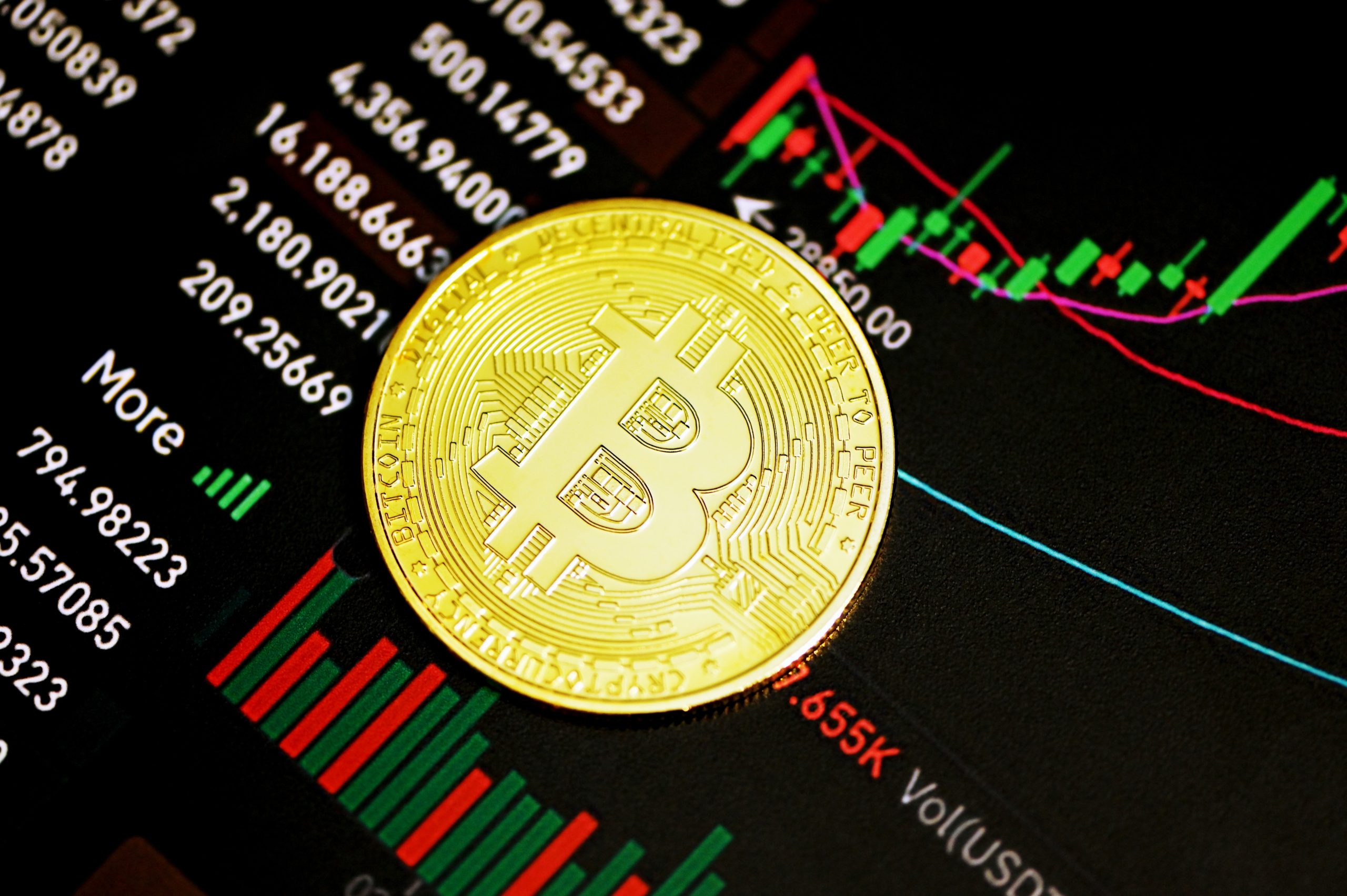In an era defined by digital transformation and economic uncertainty, Bitcoin has emerged as a prominent player on the global economic stage. This decentralized cryptocurrency, born in the ashes of the 2008 financial crisis, has not only captured the imagination of tech-savvy individuals but also garnered the attention of traditional financial institutions and governments worldwide. This report takes a deep dive into Bitcoin’s evolving role in the global economy, exploring its impact, challenges, and potential future scenarios.
The Rise of Bitcoin: A Digital Revolution
Bitcoin, created by an enigmatic figure known as Satoshi Nakamoto, was introduced to the world through a whitepaper in 2008 and launched as an open-source software in early 2009. At the time, it was merely an experiment in digital peer-to-peer cash. However, over the years, Bitcoin has transcended its humble origins to become a global phenomenon.
Bitcoin’s meteoric rise in popularity is rooted in its key attributes:
- Decentralization: Unlike traditional currencies, Bitcoin operates on a decentralized blockchain technology. This feature ensures that transactions are not controlled by a single entity, making it resistant to censorship and fraud.
- Scarce Supply: Bitcoin has a fixed supply of 21 million coins, which is coded into its protocol. This scarcity has led some to compare it to digital gold, as it can act as a store of value and a hedge against inflation.
- Global Accessibility: Anyone with an internet connection can participate in the Bitcoin network, promoting financial inclusion on a global scale.
- Security: Its robust security measures have made it highly resilient to hacking and fraud, bolstering trust in the system.
Bitcoin’s Impact on the Global Economy
- Hedging Against Inflation: With traditional currencies subject to inflation and currency devaluation, Bitcoin has increasingly been considered a hedge against these economic risks. This was particularly evident in countries experiencing economic instability, such as Venezuela and Zimbabwe.
- Financial Inclusion: In regions with limited access to traditional banking services, Bitcoin has provided a lifeline, enabling people to send and receive money securely and inexpensively.
- Investment Asset: Bitcoin’s allure as an investment asset has grown considerably. Major institutional investors and publicly traded companies have allocated significant portions of their portfolios to Bitcoin, indicating a growing acceptance of cryptocurrencies as a legitimate asset class.
Challenges and Regulatory Hurdles
Bitcoin’s journey into the global economy has not been without challenges. Key areas of concern include:
- Regulatory Uncertainty: Governments across the world have struggled to create comprehensive regulations for cryptocurrencies. Some seek to foster innovation, while others are wary of potential risks, including money laundering and tax evasion.
- Volatility: Bitcoin’s price volatility has raised questions about its suitability as a medium of exchange. Critics argue that its price fluctuations make it less practical for everyday transactions.
- Environmental Concerns: The energy-intensive process of mining Bitcoin has come under fire for its environmental impact, prompting discussions on making the network more sustainable.

The Future of Bitcoin in the Global Economy
The future of Bitcoin is a subject of much debate. Some view it as the future of finance, a means to reshape the global economy, while others remain skeptical of its long-term viability. The outcome is likely to be shaped by the following factors:
- Regulatory Clarity: As governments formulate comprehensive regulations, Bitcoin may see greater mainstream adoption and acceptance, particularly by institutional investors.
- Technological Advancements: Bitcoin is not static. Technical developments, like the Lightning Network, aim to enhance its scalability and usability, addressing concerns related to transaction speed and cost.
- Market Maturation: As the cryptocurrency market matures, the extreme volatility that characterizes Bitcoin today could stabilize, making it more attractive for day-to-day transactions.
In conclusion, Bitcoin has come a long way since its inception as a whitepaper. Its role in the global economy is evolving, offering opportunities and challenges that will continue to shape the financial landscape for years to come. As governments, businesses, and individuals navigate this digital revolution, the future of Bitcoin remains an exciting and ever-evolving narrative in the world of finance.









